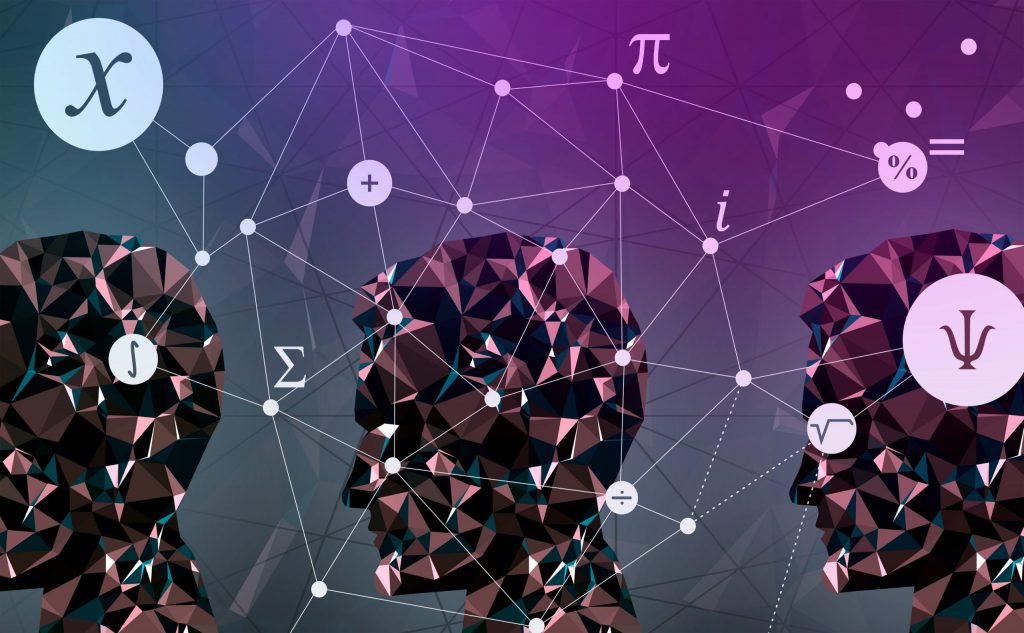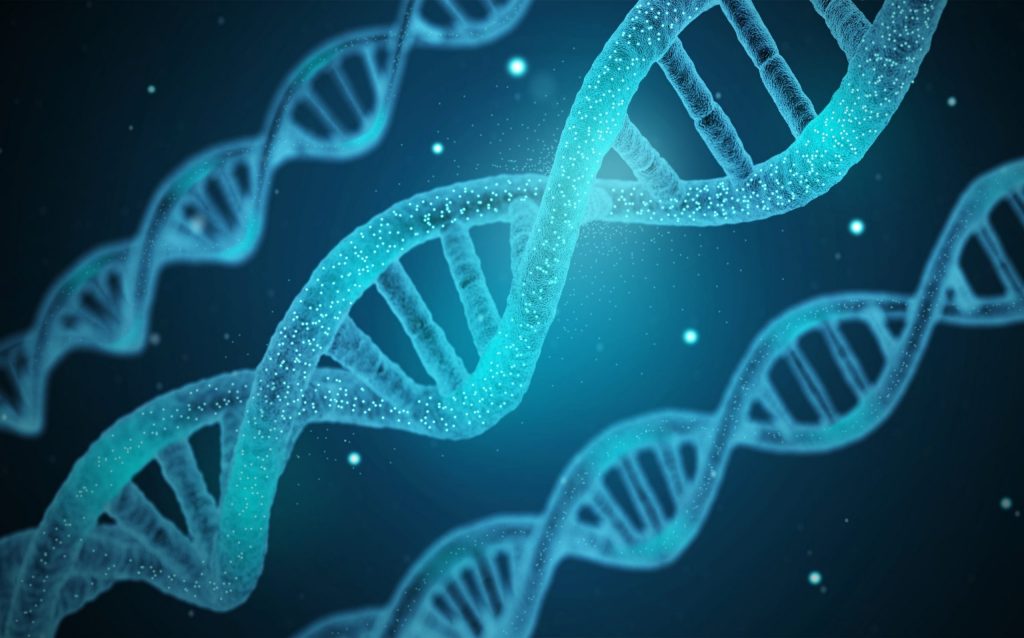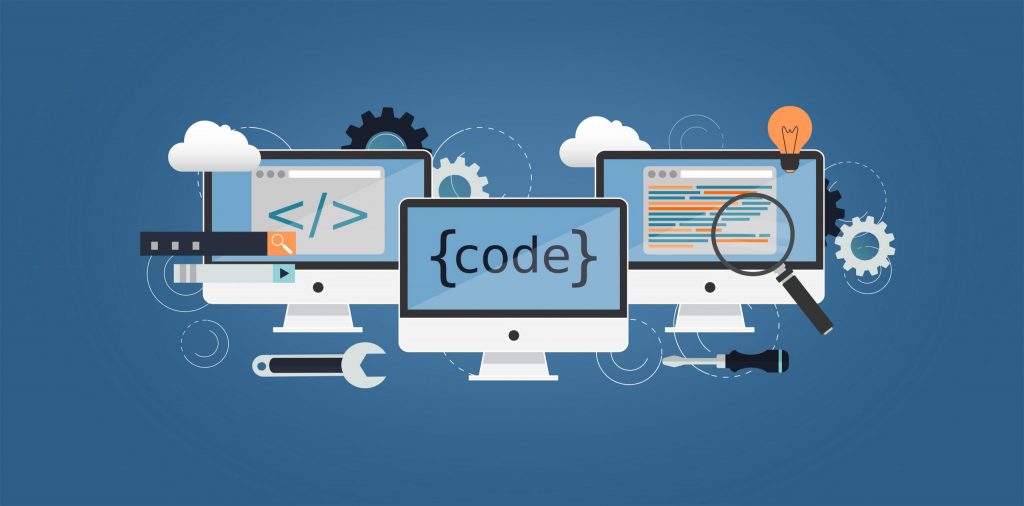The Master of Science in Informatics and Analytics develops leaders and problem-solvers who possess the knowledge and skill to thrive in the data science industry.
The program includes six interdisciplinary courses that establish a strong foundation in data science principles. In addition to the core program, students specialize in a concentration of interest.
The hallmark of the UNC Greensboro program is a unique capstone experience that links knowledge-with-practice and equips graduate students with key skills for professional success.
Core courses:
- IAF 601: Introduction to Data Analytics
- IAF 602: Statistical Methods for Data Analytics
- IAF 603: Preparing Data for Analytics
- IAF 604: Machine Learning and Predictive Analytics
- IAF 605: Data Visualization
- IAF 606: Solving Problems with Data Analytics
Capstone course:
A final requirement is the completion of a capstone project. Students work with professors, industries, and nonprofits to solve important data science problems.
Concentrations

Advanced Data Analytics
This concentration provides students with a solid foundation in applied statistical methods and applications with specialized training in handling complex big data.
Bioinformatics
The Bioinformatics concentration is an interdisciplinary field that develops and applies computational methods to analyze large biological datasets. Large datasets created by generation sequencing technologies are explored. Students learn how to analyze and explore genome sequences, gene expression profiles, biomedical literature reports and medical images.


Computational Analytics
This concentration provides students with knowledge in the areas of big data and data science. Students will learn theories, algorithms and technologies towards the development of analytical systems and models for disparate, complex and small/large scale datasets.
Cultural Analytics
Students in the Cultural Analytics concentration investigate cultural trends and the circulation of digital artifacts using text mining methods and exploratory data analysis.


Health Analytics
With the health informatics concentration, students learn the necessary skills and knowledge of health care data and its applications. They also receive training on artificial intelligence (AI) fundamentals and how to develop data products to solve critical problems in the health care industry.
